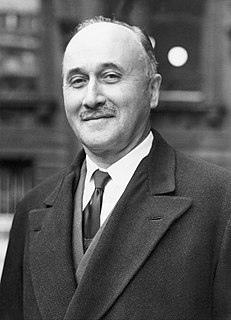A Quote by Maggie Gallagher
In Europe, it appears that in the name of democracy, elites are pursuing an autocratic, centralized power, seeking economic control and social regimentation.
Related Quotes
Socialism to me is establishing social control of power in society, and where that differs from liberalism for example which aims at a similar situation in some respects, is we think you can only establish control over power by changing the structure and distribution of power, notably economic power.
Radicals, on the other hand, want to advance from the jungle of laissez-faire capitalism to a world worthy of the name of human civilization. They hope for a future where the means of economic production will be owned by all of the people instead of just a comparative handful. They feel that this minority control of production facilities is injurious to the large masses of people not only because of economic monopolies but because the political power inherent in this form of centralized economy does not augur for an ever expanding democratic way of life.
Capitalism is a system in which the central institutions of society are, in principle, under autocratic control. Thus, a corporation or an industry is, if we were to think of it in political terms, fascist, that is, it has tight control at the top and strict obedience has to be established at every level. [...] Just as I'm opposed to political fascism, I am opposed to economic fascism. I think that until the major institutions of society are under the popular control of participants and communities, it's pointless to talk about democracy.
One thing that's important to point out is that this kind of populism has a long and mixed history. It's part of this tradition of problematic anti-elitism where the elites are always the liberal class - the intellectuals, the professors, the artists - and not the economic elites. Why are we so mad and aggrieved at newspaper editors but not at corporate executives? I think we need to look more at the latter, at economic elites.
Power to the people' can only
be put into practice when the power exercised by social elites is
dissolved into the people. Each individual can then take control of
his daily life. If 'Power to the people' means nothing more than
power to the 'leaders' of the people, then the people remain an
undifferentiated, manipulatable mass, as powerless after the revolution as they were before. In the last analysis, the people can never
have power until they disappear as a 'people.
There will be no peace in Europe if the States rebuild themselves on the basis of national sovereignty, with its implications of prestige politics and economic protection... The countries of Europe are not strong enough individually to be able to guarantee prosperity and social development for their peoples. The States of Europe must therefore form a federation or a European entity that would make them into a common economic unit.




































